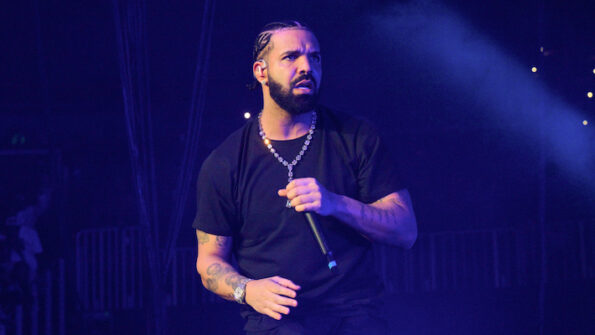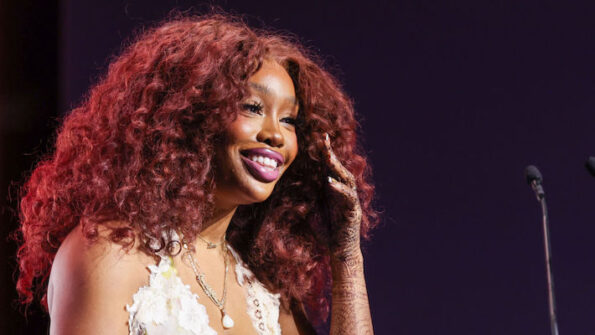It took 15 years for soul artists and reggae artists to be included in the list of categories.
The most dramatic moments at the Juno Awards, which were presented virtually on June 29, had nothing to do with the night’s big winners, Shawn Mendes and Alessia Cara. These moments came at the top of the show, where the Junos were remarkably forthright about their need to diversify and how the show was late to acknowledge soul, reggae, rap and other forms of Black and indigenous music.
Allan Reid, president/CEO of the Canadian Academy of Recording Arts & Sciences, set the tone in his opening remarks. Musician-broadcaster Odario Williams and singer/songwriter Damhnait Doyle, who appeared together, then built on Reid’s remarks. Williams even saluted by name two artists who have criticized the Junos in the past.
Here are their opening statements, just lightly edited.
Allan Reid: “For the first time in history, we are seeing people of all nations take a unified stand for Black lives. As president of CARAS, it is my responsibility to ensure that we take an active role in dismantling systemic racism. We are committed to the long-term inclusion and amplification of Black voices and a more equitable industry for all. We are working on an action plan with specific commitments that we will reveal this July. We must do better for our BIPoC [Black and Indigenous Person/People of Color] members of the music community and we welcome you to hold us accountable.”
Odario Williams: “Although it’s been a great year for Canadian music, I just want to take a moment to acknowledge that it’s been a long and difficult road for Black and indigenous Canadian artists here at the Junos. The very first ceremony took place back in 1970 and it took 15 years for soul artists and reggae artists to be included in the list of categories. The first rap recording Juno [to Maestro Fresh-Wes’s Symphony in Effect] was awarded in 1991 and the first indigenous music award [to Lawrence Martin’s Wapistan] was handed out in 1994.
“…I’ve got to give a shout-out to the black and indigenous Canadian artists of the ‘70s, the ‘80s and ‘90s that are true pioneers in the growth of our musical landscape. A special shout-out to the great Liberty Silver, who was the first Black woman to ever win a Juno in 1985. I’ve got to give a shout-out to Rascalz who turned down their Juno win for rap recording in 1998 because they felt rap music wasn’t being represented on the grand stage. And I’ve got to give a shout-out to A Tribe Called Red who refused to submit their 2014 Nation II Nation album to the indigenous category in order to not be pigeonholed…So shoutout to all of our talented trailblazers who have helped shape the musical culture in this country.”
Damhnait Doyle: “Every single Canadian artist that I admire is dedicated to making active change in the industry. It is not performative—It is our duty—and it is past due. Seeing our music community come together to celebrate the voices of Black and indigenous people and people of color, it’s one of the most beautiful things I’ve ever witnessed. We will fight every day to push forward this change.”



